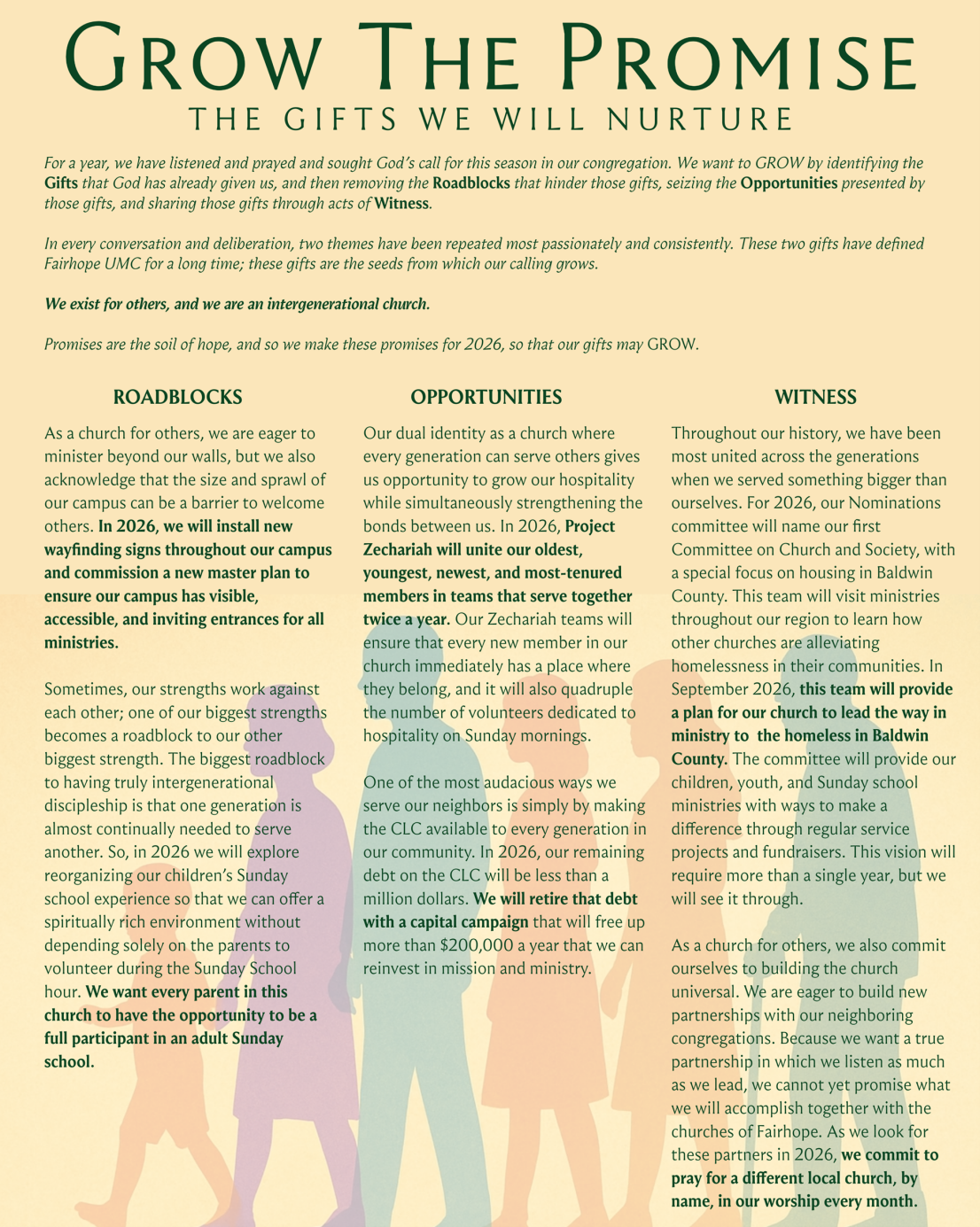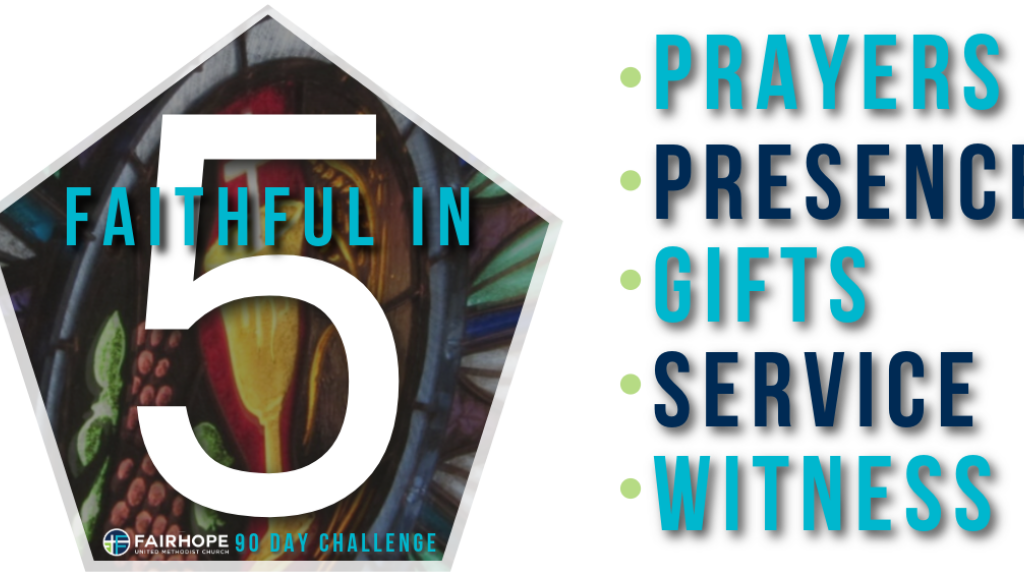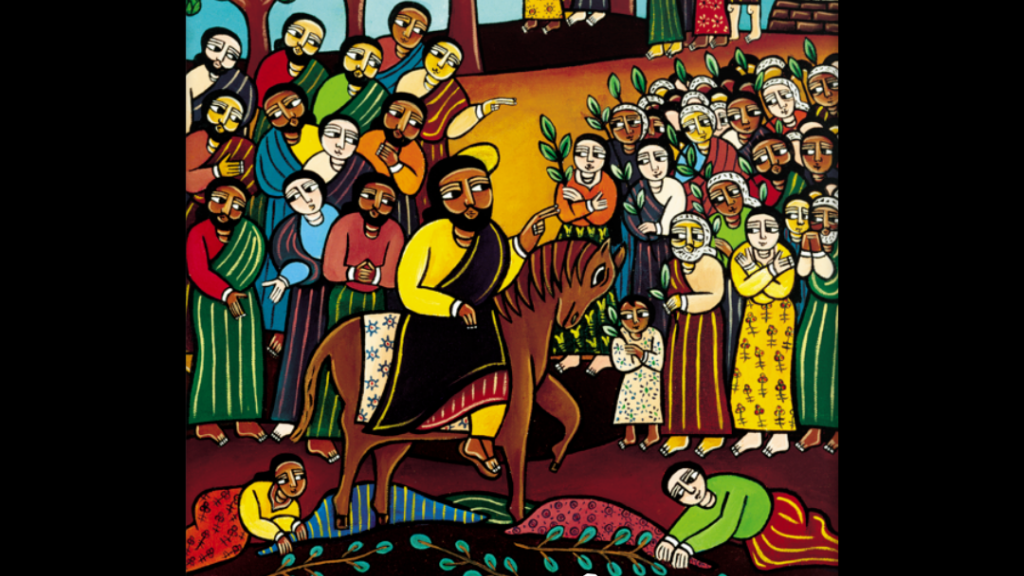
Holding Christmas Together
Advent Sermon Series: Holding It Together
December 1–24, 2025
This Advent, we invite you into Holding It Together—a series for anyone who feels the weight, tension, or emotional overload that often accompanies the holiday season. If you’re pulled in too many directions, overwhelmed by expectations, or unsure where God fits into the chaos, this series is for you.
Throughout December, we’ll explore the mystery of Christmas through the lens of paradox—the places where life doesn’t add up, yet grace still holds. In Scripture, a “mystery” isn’t something we solve; it’s a truth God reveals. From the mystery of the Trinity to the mystery of faith—Christ has died, Christ is risen, Christ will come again—our hope rests not in understanding how these things work, but in trusting the God who holds them together.
Inspired in part by worship scholar Lester Ruth and the paradox-rich imagery of Charles Wesley, each week will focus on a different divine contradiction: God who is both infinite and intimate, powerful and humble, fully human and fully divine. These paradoxes point us to a deeper truth: God keeps it together when we can’t.
Rather than asking us to be calmer, tidier, or more put-together, this series welcomes our whole, messy selves. In the Incarnation—God becoming flesh—we discover not a command to hold everything together, but the good news that God holds us.
The series culminates on Christmas Eve as we gather around the cradle that held the cosmos—the Christ Child who brings hope, peace, and presence to our tangled world.
Come discover the mystery of Christmas anew.












